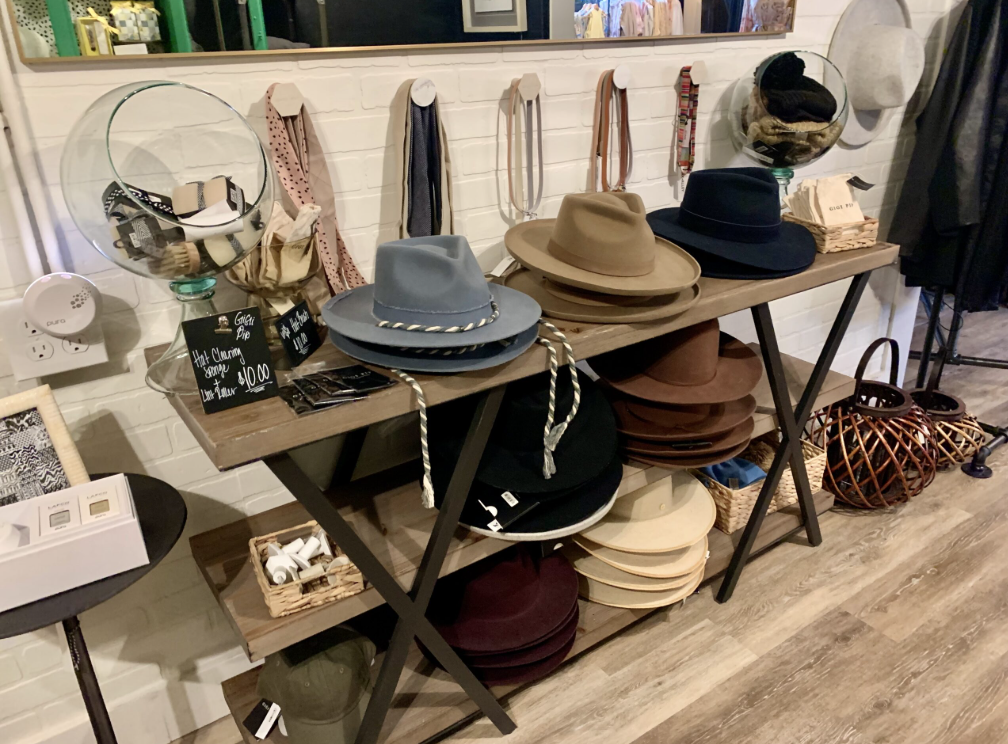AmberHats, a renowned brand specializing in unique amber jewelry, handmade hats, and high-quality fashion items, exemplifies the importance of strong supplier partnerships. Their meticulous selection of suppliers ensures top-notch materials and craftsmanship across their collections. From natural amber sourced from premium regions to stylish hats designed by leading fashion names, AmberHats demonstrates how the right collaborations can elevate a brand’s reputation. They also prioritize customer satisfaction with competitive pricing and timely deliveries, setting a standard for excellence in the accessories market.

Define Your Needs and Goals
Before starting your search, it’s essential to have a clear understanding of your business requirements. Identify the types of accessories you need and establish your quality standards, including materials and finishes. Consider your production capacity needs—whether you require a small batch for a niche market or larger-scale manufacturing.
Additionally, set clear budget limits and realistic production timelines. These details will help you find manufacturers that align with your goals and eliminate unsuitable options early in the process.

Researching Potential Manufacturers
Finding reliable manufacturers requires thorough research. Online directories like Alibaba and ThomasNet are excellent starting points, offering access to a wide range of suppliers. Industry trade shows also provide opportunities to meet manufacturers in person, evaluate their products, and discuss potential collaborations.
Networking with professionals in your industry can also yield valuable recommendations. Fellow business owners or industry insiders may have insights into trusted suppliers, which can save you time and reduce risks.
Evaluating Manufacturers
After identifying potential manufacturers, take the time to evaluate their suitability. Review their portfolio to ensure they have experience producing the type of accessories you need. Verifying certifications like ISO compliance or Fair Trade practices can give you confidence in their quality and ethical standards.
References from previous clients are invaluable. Reach out to past customers for insights into their experiences with the manufacturer. If feasible, visiting their facilities allows you to see their operations firsthand and build a stronger rapport.
Building Relationships with Suppliers
Establishing a good relationship with your suppliers goes beyond signing contracts. Open and consistent communication is essential for addressing issues promptly and ensuring your expectations are met. Building trust takes time, but transparency about production timelines, potential challenges, and mutual goals lays the foundation for a strong partnership.
Focus on creating agreements that are beneficial for both sides. Long-term collaborations are more productive and often result in better service and product quality.
Negotiating Contracts
Contracts are critical for protecting both parties and setting clear expectations. Ensure the terms cover pricing, timelines, quality standards, and payment schedules. Include clauses for conflict resolution and penalties for delays or subpar quality.
Consulting with legal experts familiar with international trade laws can help avoid misunderstandings and ensure your agreements are enforceable across borders. A well-drafted contract minimizes risks and helps maintain a smooth working relationship.
Managing Logistics and Supply Chain
Managing logistics efficiently is vital when working with international suppliers. Plan for potential delays caused by customs processes or unforeseen circumstances. Using technology like supply chain management tools allows you to track shipments and inventory, ensuring you stay updated on your product’s journey.
Partnering with logistics experts, such as freight forwarders, can simplify the shipping process and reduce complications. By staying proactive, you can avoid disruptions and maintain customer satisfaction.
Mitigating Risks
To reduce risks, avoid over-reliance on a single supplier by diversifying your network. Implement regular quality control checks to maintain consistency in your products. Additionally, insuring your shipments protects you from potential losses due to damage or delays during transit.
Taking these precautions ensures your business can adapt to challenges and maintain stability in its supply chain.

Embracing Cultural Differences
Cultural understanding is key to successful international collaborations. Take the time to learn about the business customs and communication styles of your supplier’s country. Respect for their cultural norms fosters mutual respect and helps build stronger relationships.
Be open to their suggestions and expertise, as their insights may improve your product or streamline production. A flexible approach encourages collaboration and innovation.
